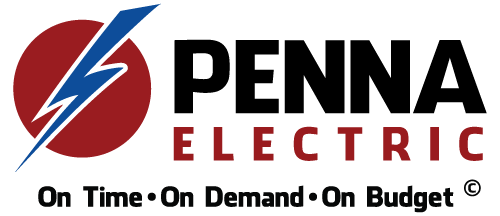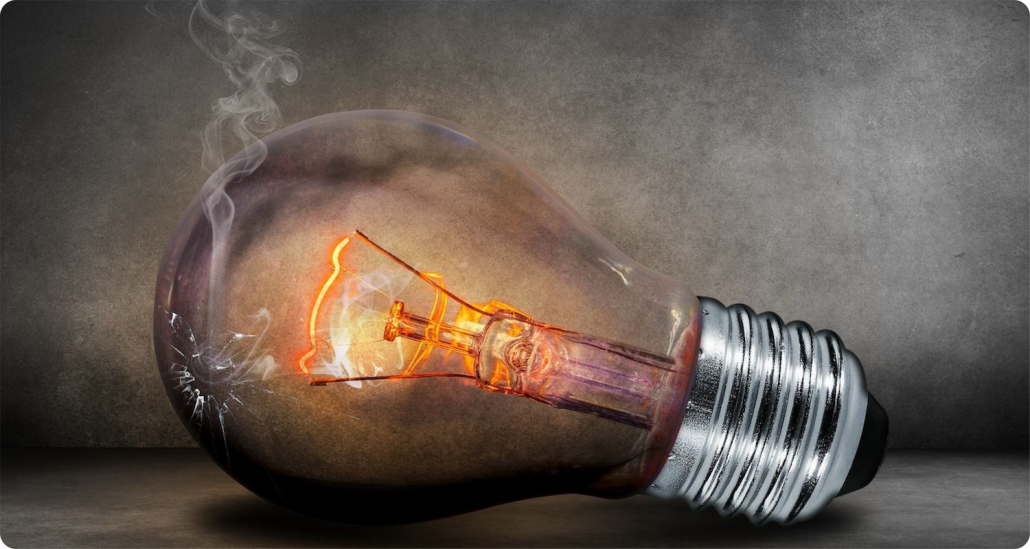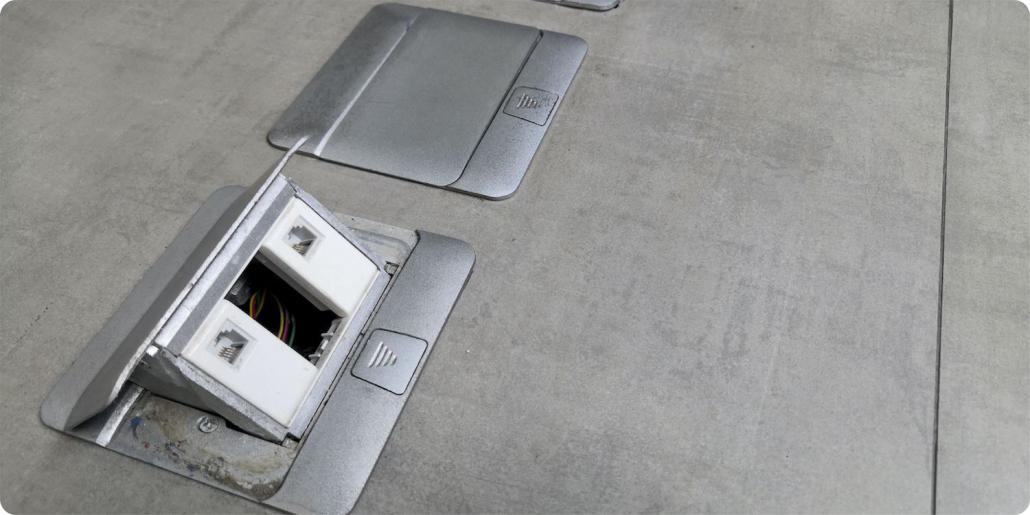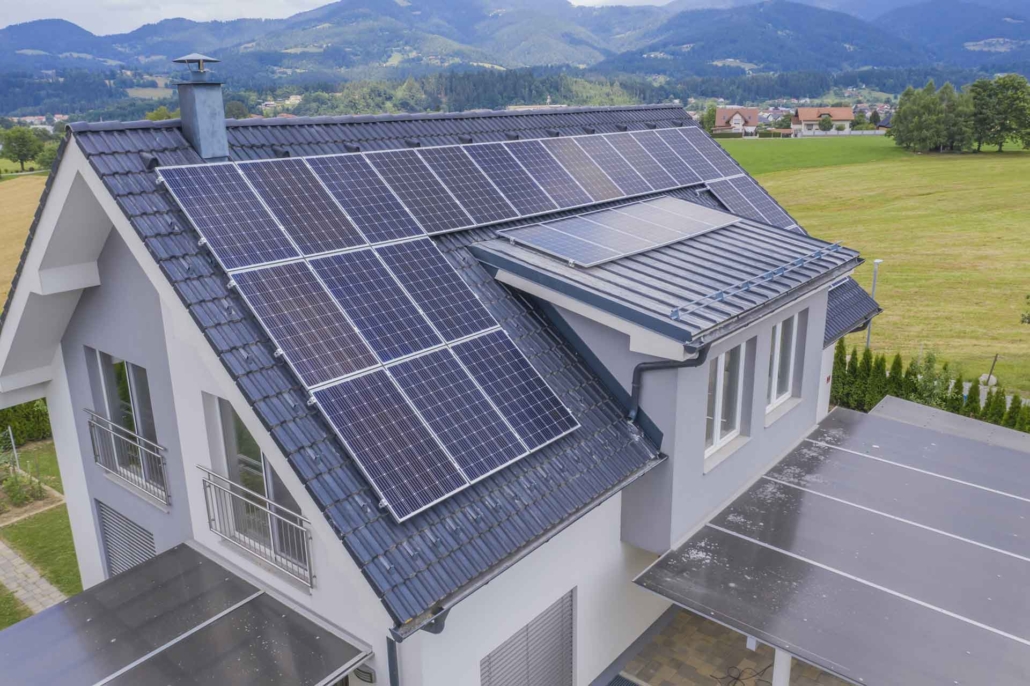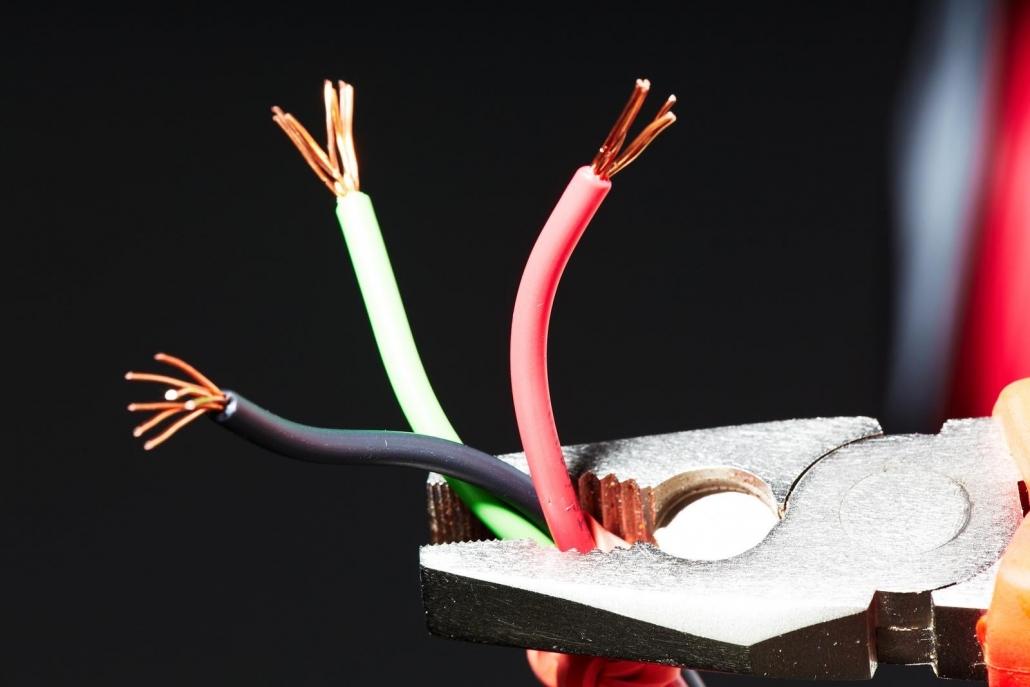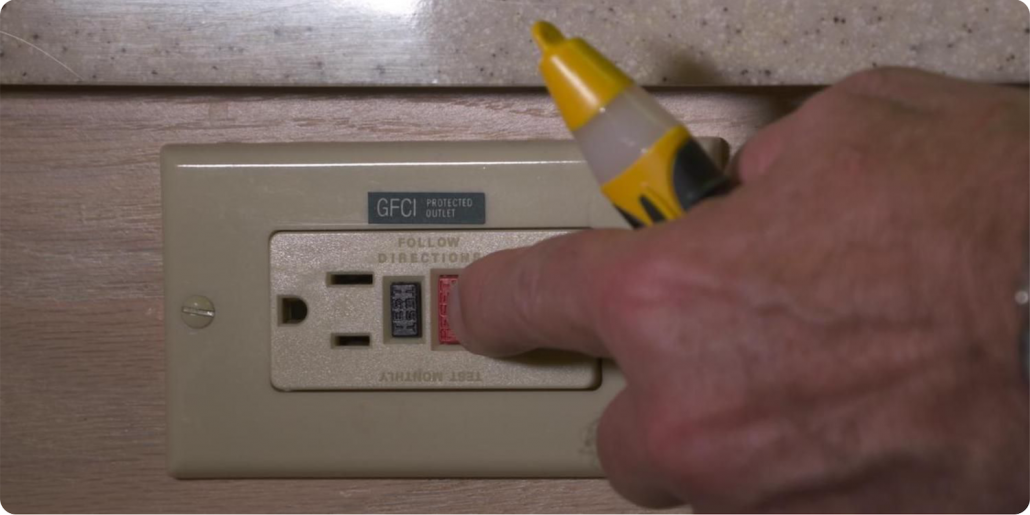June 24, 2021 | Cristina Dinulescu
Nobody likes a power outage, as it can be more than just an annoyance, it can be scary and dangerous. There are always things you can do in case of a power outage to keep your home and your loved one safe. One of these things is purchasing a power generator for home, which comes in handy in many situations. It’s useful for both homes and businesses, and it can help when there isn’t a power outage as well.
Finding the best power generator for home is different than finding one for your businesses, which is why there are certain things you should know before running to the store to get one or before ordering it online. You need to be thinking about power output capabilities, the different fuel sources or what kind of wattage is required by your appliances. There are different types too, from solar to battery ones, so doing a little research will help.
Aside from product types, brands and price, you should also know how a generator works and what are the safety precautions when operating one. In fact, this might just be the most important thing to know, as deaths have been connected to improper use of generators. This is because improper use can lead to carbon monoxide poisoning.
What Is A Generator?
A power generator is a machine that provides electricity to appliances or devices by turning mechanical energy into electrical one. Therefore, it allows you to have electricity even when you’re not connected to the grid. A power generator for home can be a great safety device for natural disasters, such as snowstorms, hurricanes, or any other situations that are prone to power outages. It will allow you to keep the lights on, heat the house or keep the fridge on. Even if you don’t live in an area that’s prone to storms, having a generator around is always a good idea, for unexpected blackouts.
There are also smaller generators that can be used for powering your workshop, your boat or your RV without needing electrical wiring. They’re great for camping or tailgating. Usually, generators use gas or propane to create mechanical energy. Then, using electromagnetic induction, they convert the mechanical energy into electricity. Basically, generators use magnets to push electrons along. The number of electrons is measured in Amps.
How Much Generator Power Do You Need?
One important question to ask yourself when buying a power generator for home is how much power you actually need. This will depend not only on the number of appliances you need to run, but also on the type of equipment you’d like to power. You also need to understand the difference between surge wattage, running wattage and starting wattage:
- Starting wattage is the amount of electricity you need to start a device – this is usually 3 times higher than what it takes to run the same device
- Running wattage is the amount of electricity needed to keep a device running
- Surge wattage is the most power the generator is able to provide
You will also need to know how much power or wattage your different appliances or devices need. As you can imagine, a coffee maker will not need as much power as an electric range. Below, you’ll be able to see the approximate wattage needs for most appliances:
- electric oven – 5,000
- electric range – 2,500
- computer – 500 to 2,000
- toaster – 1,100 to 1,700
- hair dryer – 1,200 to 1,500
- space heater – 1,250
- microwave – 1,200
- fridge/freezer – 600 to 800
- TV – 100 to 350
HVAC systems do require more power, an electric furnace for instance needs anywhere between 5,000 and 25,000 watts. A central air conditioning needs between 2,000 and 4,00 watts, while a water heater needs 3,000 to 4,500 watts.
A safety precaution to consider is having a circuit breaker. If the generator doesn’t have a circuit breaker, then it could overload and overheat, and if you can’t shut it off, then it can potentially catch on fire.
What Type of Power Generator For Home Is Best?
As mentioned above, there are several types of power generators, and some are best for residential use, others are great for camping, while others can be ideal for commercial usage. The basic types are inverter, whole house generators and portable one.
- Inverter generators: great for camping or boating, they provide enough power for lighting, heater or fans, radios, smart phones, etc. They’re also quieter than other types and lightweight, which means they’re easy to transport. The inverter generators have an engine that’s connected to an alternator, thus converting AC power to DC power, which can be stored. You can also connect two inverter generators for double the power.
- Whole house generators: best for home use, they provide ample electricity for HVAC systems and appliances. These are the ones to have in case of a blackout. They can be set up to power your entire house or only a few designated circuits.
- Portable generators: often used on job sites or in workshops, they provide electricity to nail guns, air compressors and other such tools. They’re the loudest of all generators, and they’re also limited to short-term uses. There are some models that come with 12-volt outlets, which makes it easy to charge some devices, such as smartphones.
